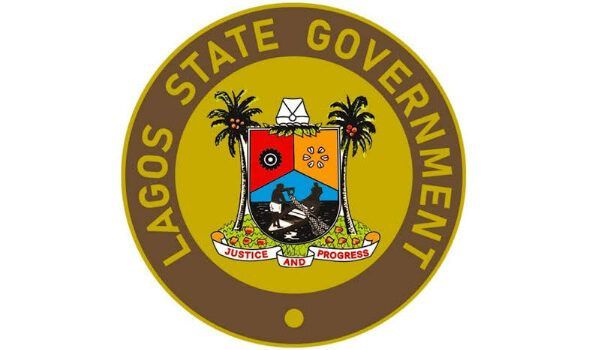The Lagos State government has drawn a strong connection between sexual, domestic and gender-based violence (SGBV) and mental health challenges, warning that the scourge has become not just a criminal justice concern but a public health emergency.
Speaking at a media parley to commemorate the Lagos Domestic and Sexual Violence Awareness Month, the Attorney-General and Commissioner for Justice, Mr Lawal Pedro (SAN), represented by the permanent secretary, Mr Hameed Olanrewaju Oyenuga, said that 90 per cent of survivors of abuse grapple with post-traumatic stress disorder (PTSD), anxiety or depression, while at least 10 per cent of identified perpetrators were diagnosed with mental health conditions. “These statistics reveal SGBV as a silent epidemic eroding community well-being,” Oyenuga declared on behalf of the Attorney-General.
“This is no longer just about prosecution. It is about rescuing lives, healing trauma, and preventing cycles of violence.
“Lagos will not relent until survivors are fully supported and perpetrators are held accountable,” he further stated
Between August 2024 and July 2025, the Domestic and Sexual Violence Agency (DSVA) received 8,692 cases, an average of over 400 cases monthly.
Domestic violence was the most prevalent, accounting for 3,685 incidents.
Other reports included 243 cases of defilement, 244 child abuse or physical assault cases, 99 rape cases, 48 sexual harassment complaints, and 25 sexual assaults by penetration.
The state also recorded 726 family-related disputes, 41 cyber harassment incidents and 32 threats to life.
Survivors ranged in age from 18 months to 79 years; underscoring that no demographic is spared.
According to Oyenuga, 146 survivors accessed free legal representation during the review period, while all survivors of sexual assault were provided free medical care.
Thirty survivors were given shelter, and 402 rescue operations were carried out.
Additionally, 1,487 survivors and 249 abusers underwent therapy, while 13 persons with disabilities received tailored support.
Six restraining orders were secured in court, and more than 140 convictions were achieved, reaffirming the state’s zero-tolerance stance.
The Lagos State Domestic and Sexual Violence Trust Fund provided lifelines for 146 high-risk survivors, including accommodation, education, business, and medical support.
It also funded police investigations into 368 cases to ensure they were promptly charged in court.
Oyenuga emphasised that the data debunks stereotypes about SGBV being limited to the poor or unemployed.
Forty-four per cent of survivors were employed, 33 per cent self-employed, 11 per cent students, another 11 per cent unemployed, and one per cent retired. Among perpetrators, 45 per cent were employed, 38 per cent self-employed, eight per cent unemployed, three per cent students, and six per cent unknown.
“Both perpetrators and survivors cut across every economic and social category,” he said.
He also highlighted the deployment of technology and community outreach by the DSVA, including the AI-powered chatbot “INU,” already used by 158 residents. Over 3.25 million Lagosians were reached directly through sensitisation campaigns, while 1,560 children were inducted into Kings and Queens Clubs to instill positive values.
This year’s Awareness Month, themed; “SGBV: It Concerns Us All”, will feature symbolic purple lighting of landmarks, advocacy walks in Ikeja and Alimosho, a marketplace campaign tagged “Men Wey Sabi,” a couples’ sensitisation on September 18, and a Survivors’ Day to honour resilience.
The programme also includes “Turn Obas Purple” to engage traditional rulers, motor park campaigns against violence, and a symposium on workplace sexual harassment, where guidelines will be launched.
A Safeguarding and Child Protection Week will also host debates among 1,200 students on the theme “It’s Okay to Tell.”
The month-long activities will climax with a Governor’s Commendation and Awards Night to honour frontline responders and stakeholders.
Pedro, through his representative, reaffirmed the government’s determination to deepen reporting channels, motivate service providers, strengthen partnerships, and apply richer data insights to shape policy.
“SGBV is not only a crime; it is a driver of trauma, depression, and broken communities.
“Lagos will continue to lead the fight with stronger laws, stronger systems of care, and stronger collaborations,” he said.















